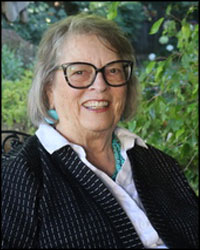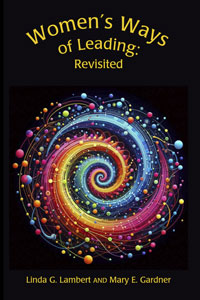« What is different about our notion of leadership? by Mary e Gardner | Egypt is not Libya… »
Education and Revolution
The philosophy of the classroom today will be the philosophy of government tomorrow.
-Abraham Lincoln
During the 90’s, the work of the National Curriculum Center in Egypt reframed the meaning of curriculum, instruction, textbooks, and professional development. When this work began under the auspices of the Egyptian Ministry of Education, the direction of Dr. Kawsar Kouchok and the assistance of a few Americans, textbooks were written as free-standing, non-articulated entities, which lacked activities for students to perform, and were based on the notion that memorization constituted thinking and learning.
This failing formula was reversed with the founding of the Center. Curriculum and instruction sought to open rather than close minds. The curriculum designed problems to solve, puzzling issues to discuss, contrasts to enable choices—and most of all, empowerment through self-directed learning. The Center created new textbooks and trained teachers and supervisors from all over the country. It worked with UNICEF to establish community schools for girls. Several of these conversations are recounted in my novel, Cairo Diary: an Egyptian fable.
On January 25, this generation of young people used modern social networks and their own sense of agency to occupy Tahrir Square and bring down the government. It was peaceful and organized; leadership and the tasks of self-governance were shared.
I had the honor to work with talented young Egyptian scholars from 1989 into this century. To understand the contributions of these changes in education to the revolution is difficult to surmise, since so many crucial factors converged: 30 years (actually, 7000 years) of autocratic rule; satellite television and social media; President Obama’s speech in 2009; the continual education and liberation of women (for more than a decade, the majority of students at Cairo University have been women); the location of Cairo and Alexandria as cosmopolitan Meccas….
Yet I would suggest that the generation of young people who took Tahrir Square found within themselves the power of self-direction and empowerment—a thrilling outcome provoked by the efforts of many.
Linda
Leave a Reply




